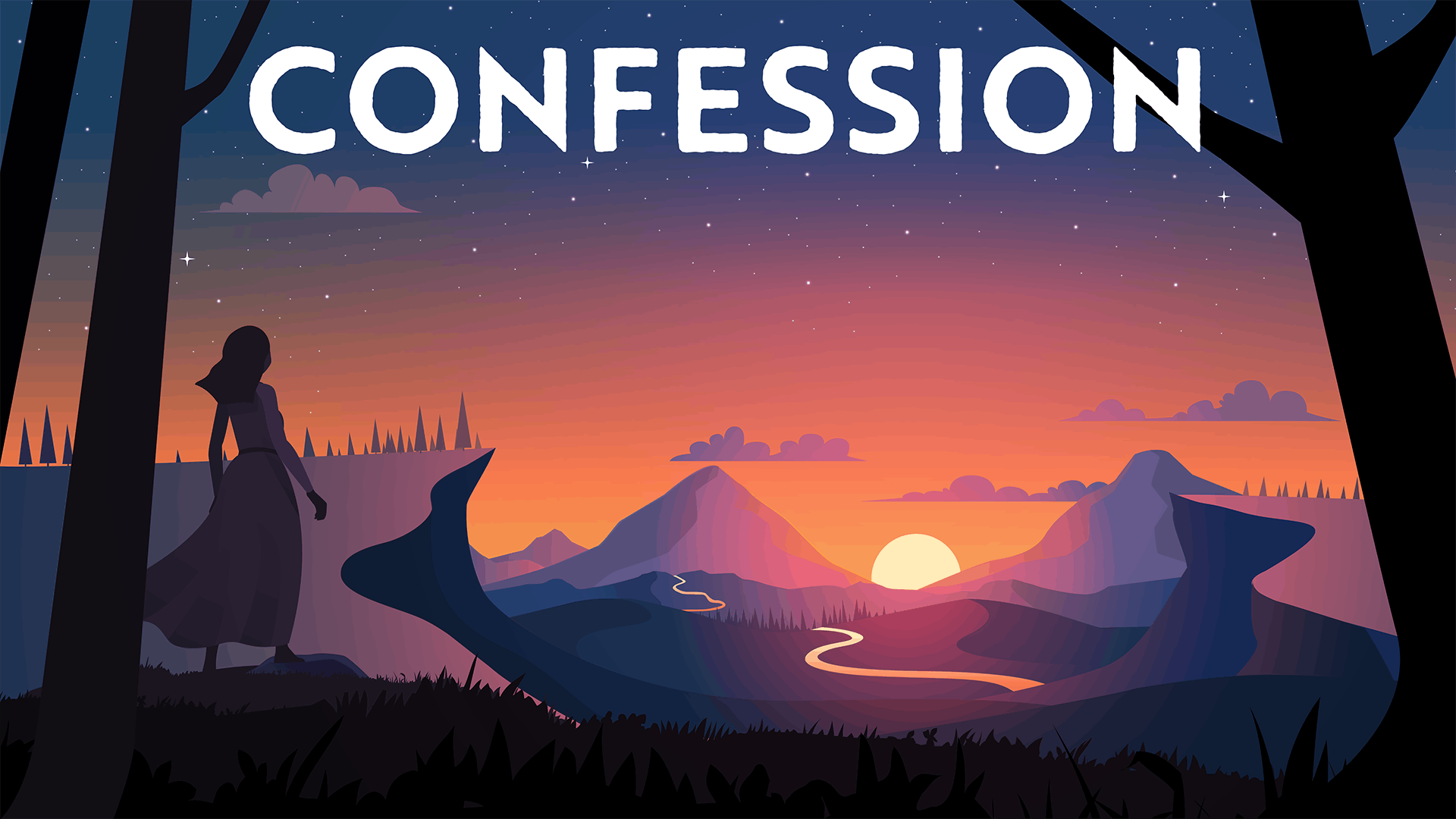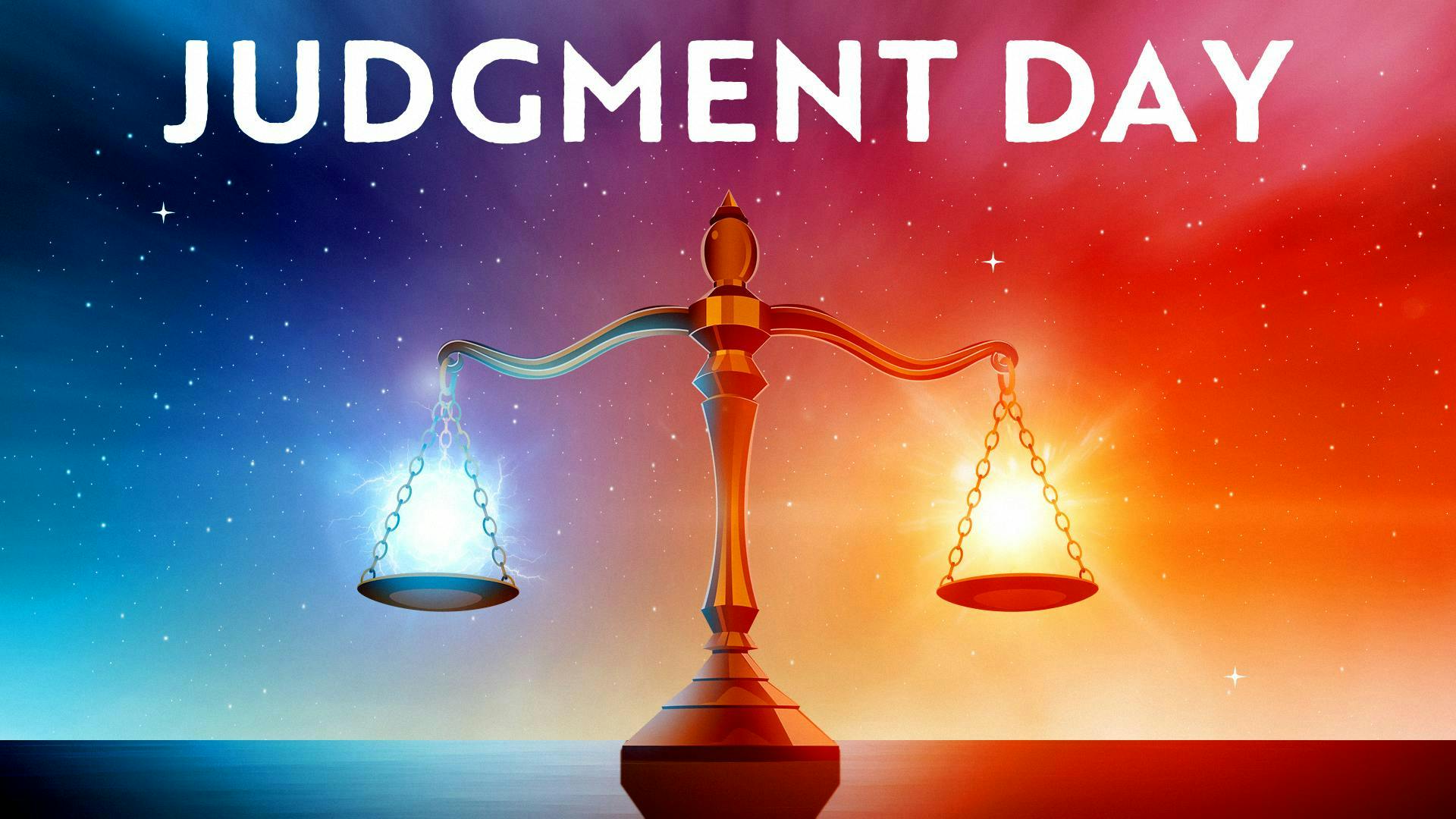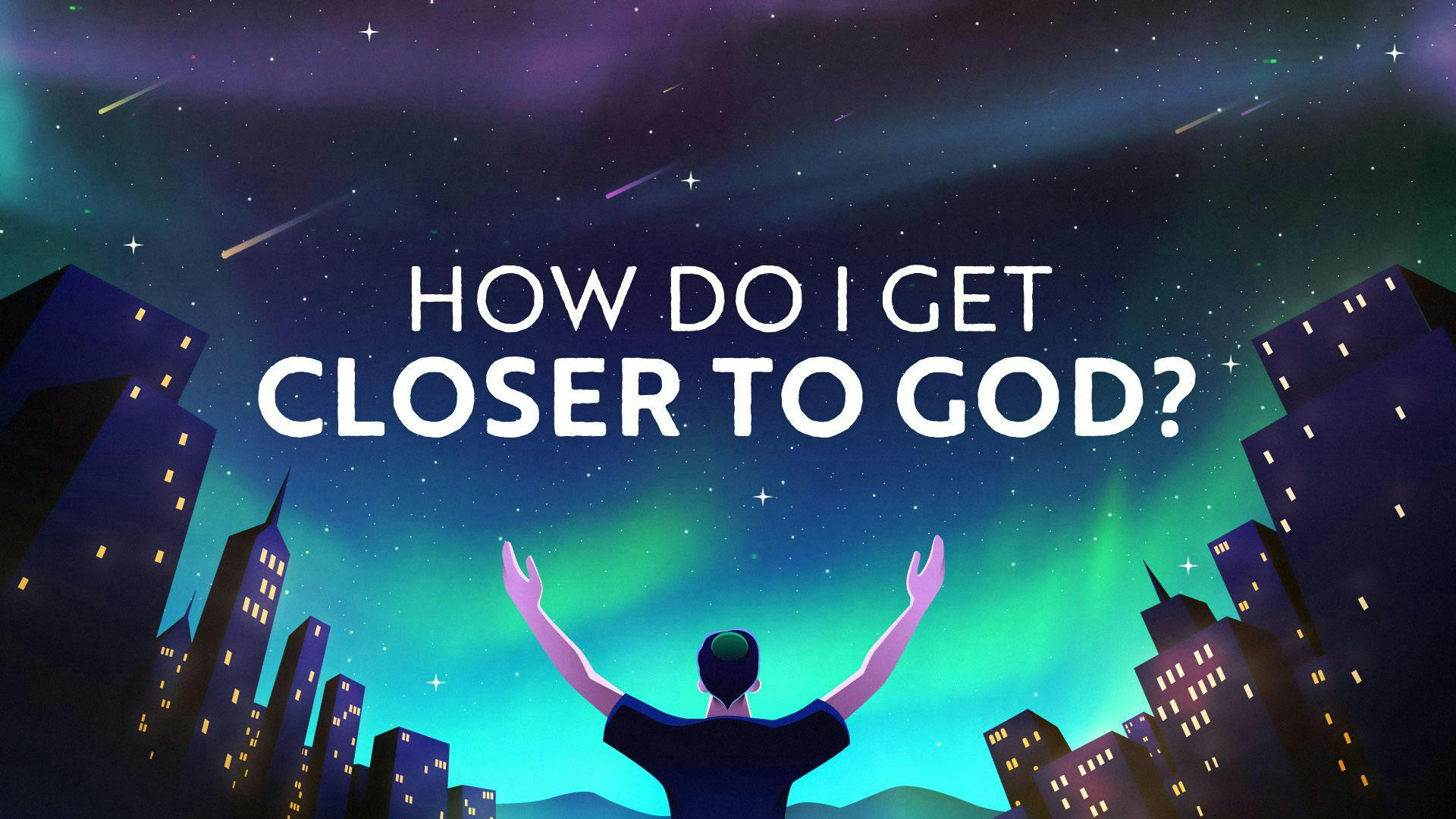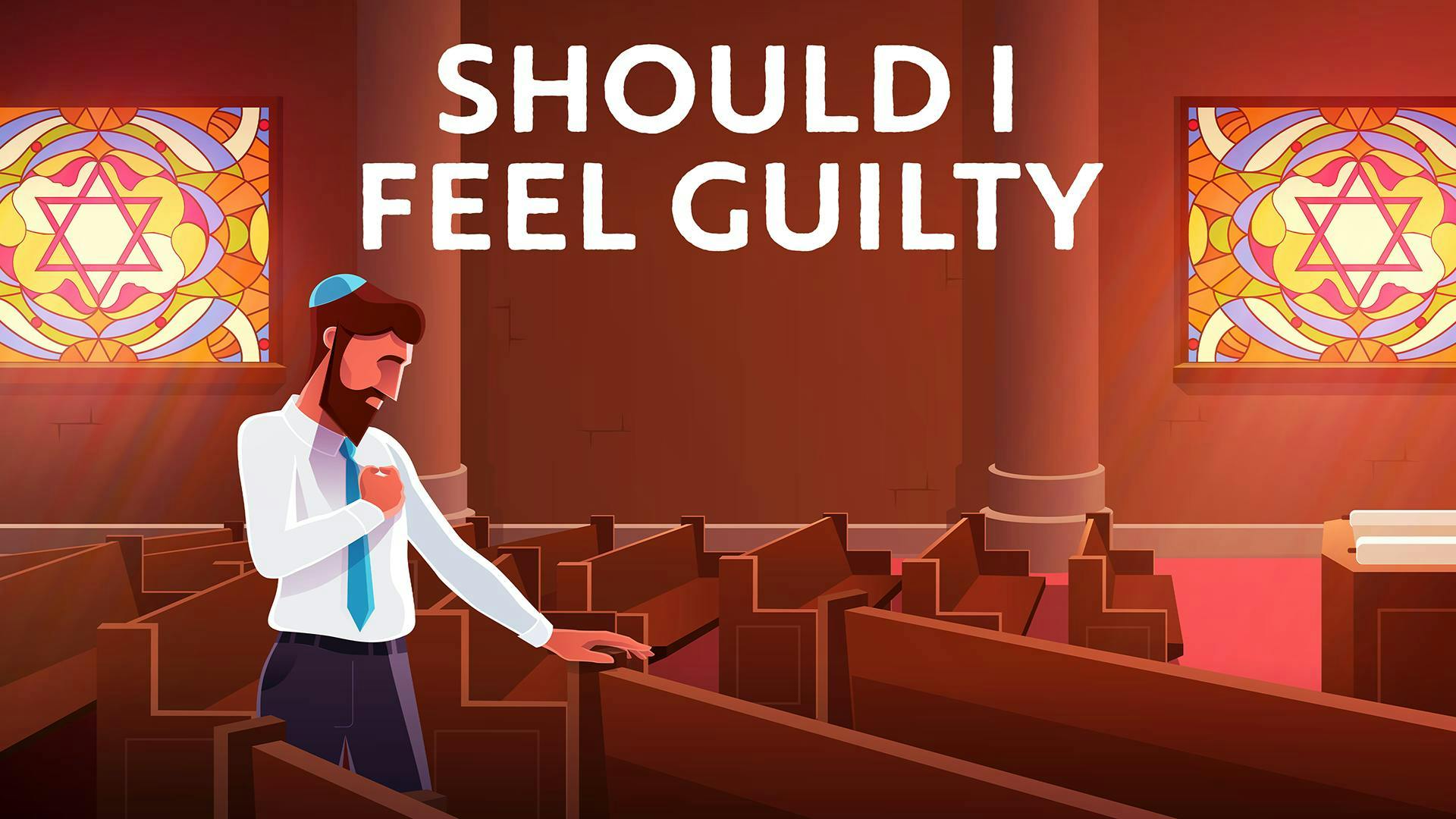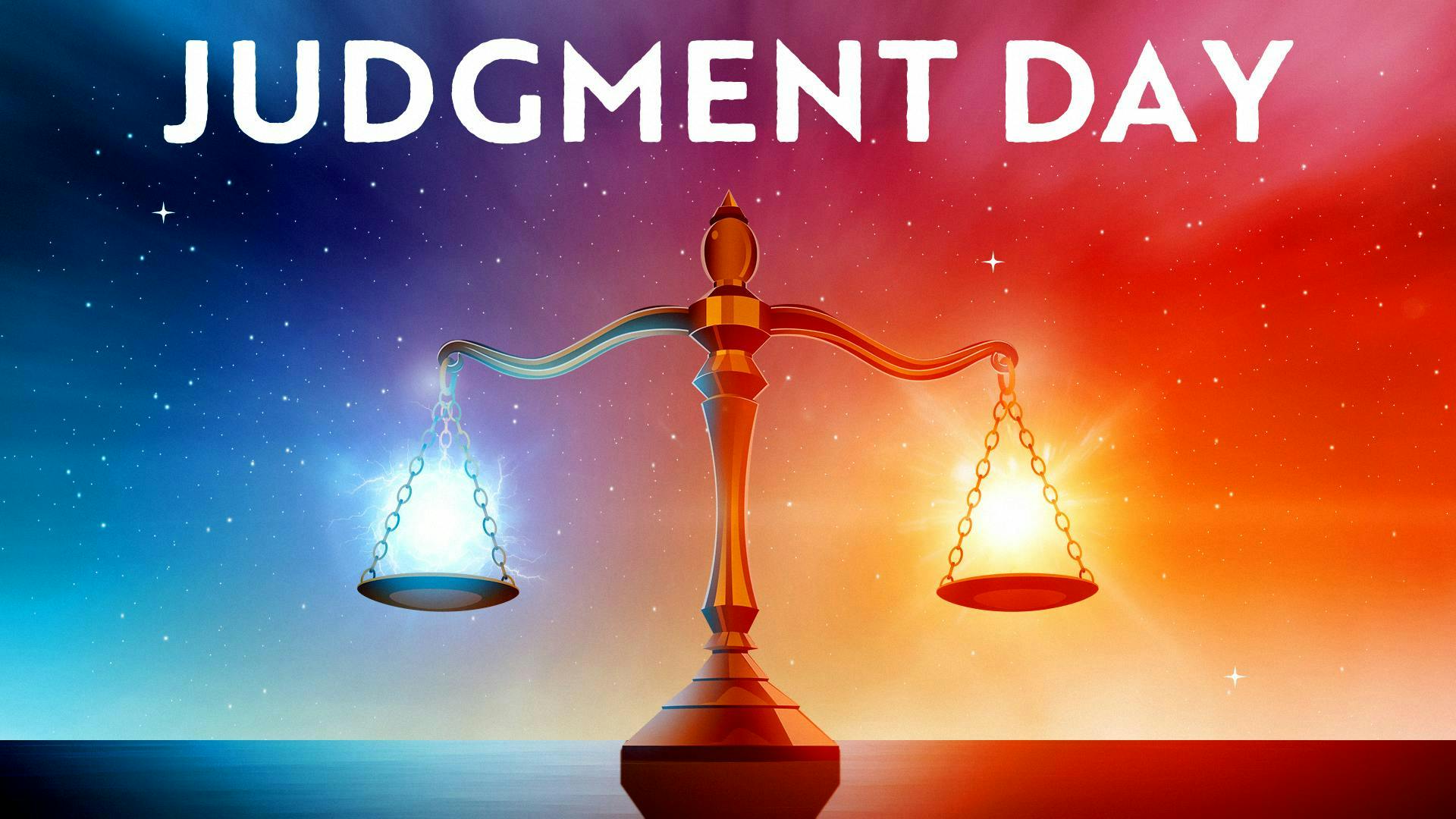5 Steps to More Meaningful Rosh Hashanah Prayer
Make those hours in prayer deeply rewarding.
By Susannah Schild | 6 August 2024 | 5 Minute Read
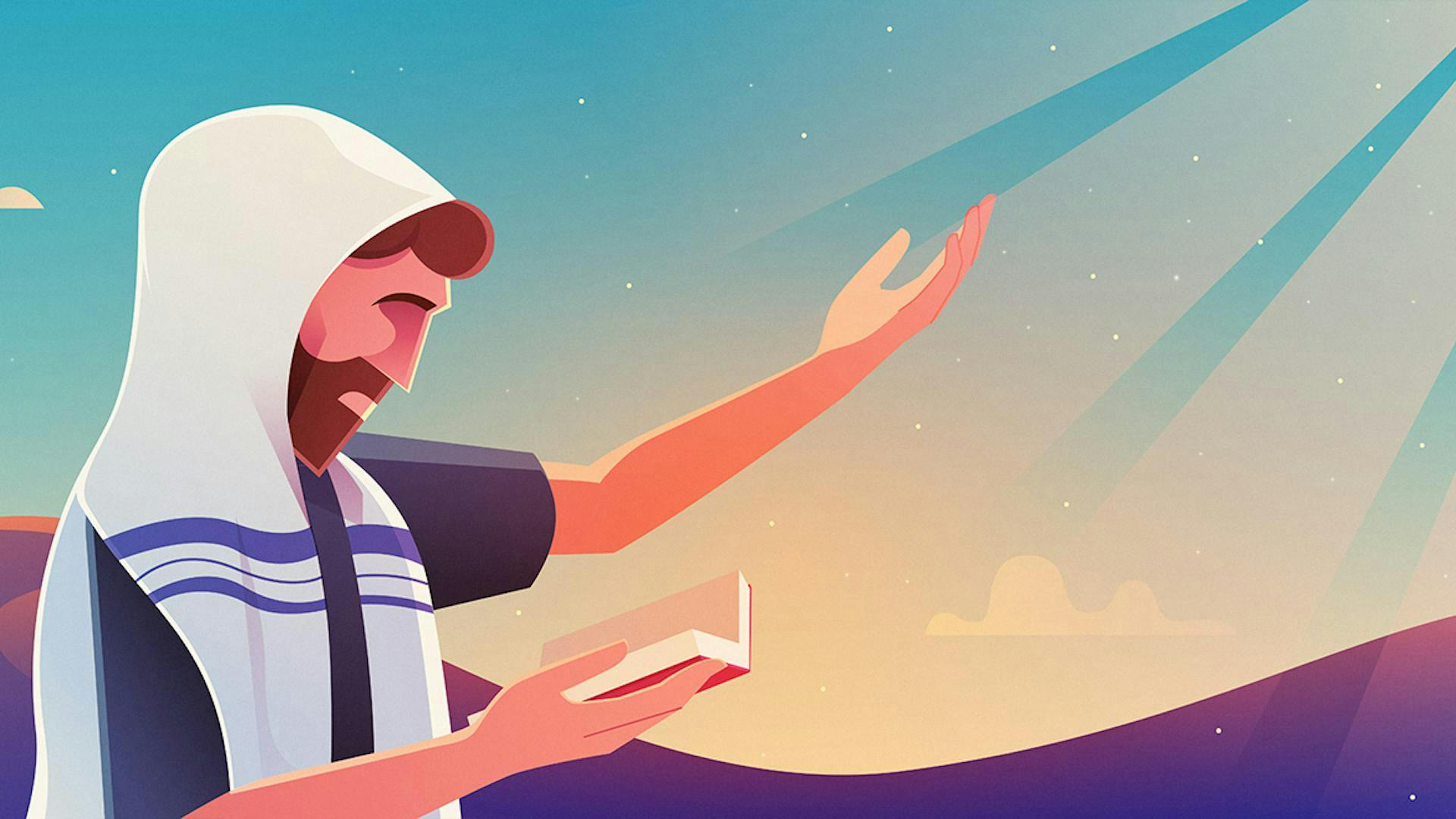
Looking for more?
We have hours of delightful videos and podcasts to enhance your Yamim Noraim experience.
A Thoughtful Approach to the Jewish Holidays
Each year at Rosh Hashanah, we prepare festive meals full of sweet delicacies. Apples, honey, pomegranates, carrot cake, and other simanim grace our celebratory holiday tables. While we prep for the Jewish holidays in this lighthearted way, we also face the more serious prospect of hours at synagogue in prayer. To some, the thought of High Holiday prayers may seem daunting. How can we make the most of all of that time in shul?
We know that Rosh Hashanah, sometimes called the Day of Judgement, is considered to be one of the most important days of the year. With Yom Kippur only ten days away, we may have a sense that our Rosh Hashanah prayers should trigger deep regret and remorse. If we pray properly on Rosh Hashanah, perhaps we’ll be able to achieve ultimate forgiveness from God on Yom Kippur, the holiest day of the year.
But a look at the Rosh Hashanah prayers reveals nothing about forgiveness or repentance. On the Jewish New Year, we don’t even mention our own shortcomings, or any of our many misdeeds.
So what is the point of our Rosh Hashanah Prayers? And what are we supposed to be spending all those hours in shul thinking about anyway?
1. Remember that God’s the One in Charge
Oftentimes, deep prayer has everything to do with putting our thoughts in the right place.
As we make our way through the tumultuous routine of daily life, it’s easy to forget who’s in charge. At work, our boss runs the show. In our homes and as parents, we manage the flow of daily tasks and try to keep our kids happy, healthy, and fed. Even in our personal lives, it’s up to us to stay on top of our own health, finances, and wellbeing.
Rosh Hashanah is an opportunity to stop and remember that there’s a master out there, a King who is the ultimate arbiter of good and evil, right and wrong. Since man’s very first sin in the Garden of Eden, we’ve had trouble remembering that God is the one in charge. That’s where the Malchiyot sections of our Rosh Hashanah prayers help out.
״וַאֲנַחְנוּ כּוֹרְעִים וּמִשְׁתַּחֲוִים וּמוֹדִים לִפְנֵי מֶלֶךְ מַלְכֵי הַמְּלָכִים
We bend our knees and bow and acknowledge our thanks before the King Who reigns over kings…”
Taking a day (or two!) to focus on the reality of God’s kingship during our prayers can help put everything in perspective and prepare us for the introspection required during the Ten Days of Repentance.
2. Know that Truth Can Bring You Closer to God
God as king can seem like an awfully scary thing. When we think of kings and their countrymen, we don’t think of a loving, close relationship. Instead, we think of a master with complete and all-powerful control, little concerned with the personal fate of his subjects.
But God isn’t that kind of king. As we see in the most quintessential example of prayer in the Tanach, Hannah’s Prayer, we can recognize God’s mastery and have a deeply personal and close relationship with Him. Understanding the truth of what God is – our very own Creator, whose existence is at the root of every single thing in this world – can actually help us feel closer to Him.
During our Rosh Hashanah prayers, we remember that God who we know as King is also the God that we know as the Source of everything that is real and true in this world. He is the Source of our very own souls, the only thing that is lasting and permanent within us. He was with us at the beginning, and He will be with us at the end.
This ultimate closeness can enable us to bear our souls before God on Rosh Hashanah, to be with Him in all of our human imperfection.
3. Listen to the Voice of the Shofar
The shofar is an essential part of the Rosh Hashanah prayer service. There’s no symbol more important to the holiday.
Why do we blow the shofar on Rosh Hashanah? And how can listening to the call of the shofar help us with our prayers?
A look at the Torah shows that shofar blasts accompanied many important moments for the Jewish people. But the very first shofar blast we see in the text happens at Mount Sinai, when God revealed Himself before our nation and gave us the Torah.
During that event, the Jewish People were enveloped in darkness . As described in Exodus:
There was thunder, and lightning, and a dense cloud upon the mountain, and a very loud blast of the shofar. (Exodus 19:16)
וַיְהִי֩ קֹלֹ֨ת וּבְרָקִ֜ים וְעָנָ֤ן כָּבֵד֙ עַל־הָהָ֔ר וְקֹ֥ל שֹׁפָ֖ר חָזָ֣ק מְאֹ֑ד וַיֶּחֱרַ֥ד כָּל־הָעָ֖ם אֲשֶׁ֥ר בַּֽמַּחֲנֶֽה…
At Mount Sinai, there was nothing to see: no God and not even the shofar. Instead, the Jews heard the disembodied sound of the shofar, in other words, the voice of God.
When we blow the shofar on Rosh Hashanah, it’s like we are calling back to God. In essence, we are reliving that moment at Mount Sinai when God revealed Himself to us. It’s as if we are answering Him with our own small voice and saying, “Yes. We understand who You are. And we will follow You.”
4. Remember that You are Part of a People
…וְזָכַרְתִּי אֶת בְּרִיתִי יַעֲקוֹב וְאַף אֶת בְּרִיתִי יִצְחָק וְאַף אֶת בְּרִיתִי אַבְרָהָם אֶזְכֹּר וְהָאָרֶץ אֶזְכֹּר.
I will remember My covenant with Jacob, and also My covenant with Isaac, also my covenant with Abraham will I remember, and I will remember the Land. (Leviticus 26:42)
The verses of Zichronot, of God’s fond memories of the Jewish people, may seem a little bit out of place in the context of Rosh Hashanah prayers. Aren’t we supposed to be focusing on our own stories, our own virtues and misdeeds? Isn’t this the holiday that God measures us like a shepherd counting His sheep, one by one, with deep knowledge of all our actions and the inner workings of our hearts?
Our lives are a long string of actions, of memories; we weave the important ones together to form a story that gives us meaning. But we are only human. How can we possibly know which of our deeds are deeply important to the narrative arc of the divine plan? After all, we are part of a greater nation, part of God’s story, part of the story of the Jewish people. We remember this fact on Rosh Hashanah, and turn ourselves over to God, asking Him to make our lives meaningful, to make us essential parts of His story.
Tzom Gedaliah, the fast day after Rosh Hashanah, drives this point home even further, as we remember the damage that strife within our nation can cause. Part of the point of the Ten Days of Repentance is to repair tears in the fabric of our interpersonal relationships. If God is our Father, then our people are our brothers and sisters.
We are part of the Jewish people, part of God’s story. Keeping that in mind on Rosh Hashanah will help us focus on what’s truly important about our own lives
5. Hear that Still, Small Voice Inside
Remember Mount Sinai? When God revealed himself to the Jewish people, the world was dark , enveloped in fog and clouds. It was almost as if in order to really hear the voice of God, we had to close our eyes to all outside stimuli.
Deep prayer is kind of the same thing. Inside each one of us, our soul resides in a quiet, but powerful place. Whispering words of prayer for hours on Rosh Hashanah gives us an opportunity to really focus within, to tune out the overwhelming noise of daily life and focus on the truth that rests inside.
All of the different themes of Rosh Hashanah prayer help us get there. We recognize God’s sovereignty, we know that He is our own personal Creator, we remember that we have a role to play. Then, we can close our eyes, hear the call of the shofar, and listen to echoes of God’s voice deep inside our souls.
Rosh Hashanah Prayer - True Cause for Celebration
Once we’re able to focus our prayers, the essence of Rosh Hashanah becomes clear. It’s not a day of fear and punishment, of guilt and divine retribution. The themes of the prayer service show us otherwise. Rather, Rosh Hashanah is an opportunity to remember who God truly is – our leader and king. We know this God, we met Him at Mount Sinai, and we can hear His voice today. This understanding gives us deep self-knowledge and a chance to judge our lives by a different set of metrics than we do every day. It’s also an opportunity for introspection into the roles we play in this world.
This year, when you return home from Rosh Hashanah prayers to sweet apples and honey and a festive feast, you’ll have something profoundly meaningful to celebrate: your personal relationship with God, the One who runs the world. However seemingly small our own lives are in this great universe, Rosh Hashanah reminds us that we all have an essential role to play as part of the divine plan.
A Deeper Look
I hope these ideas make your Rosh Hashanah prayers more profound. To dive deeper into the concepts and ideas presented in this article, take a look at the following Aleph Beta videos. I guarantee they’ll make your holidays even more meaningful:
- This 10 part series (just 5 minutes a day!) delves into the themes of our Rosh Hashanah prayers, where they come from, and how you can connect to them.
- Covering key concepts like the first biblical Rosh Hashanah celebration in the times of Nehemiah, this incredible 6 part series by Rabbi Fohrman will help you understand the textual roots for the themes behind the holiday. You’ll also get an answer to the question: Is Rosh Hashanah a Day of Judgement or a Day of Celebration?
- Want to better understand the connection between Hannah’s prayer and our own personal prayer experience? Check out this fascinating video series on Hannah’s Prayer by Rabbi Fohrman. After watching, you’ll better understand how God can be both our King and our closest companion.
- Tzom Gedaliah is coming up next. As mentioned above, this important day can draw our focus towards interpersonal relationships and our place as part of the Jewish people. Find out more in this video.
(You’ve just gotten started on your journey to a more meaningful Rosh Hashanah. Don’t give up now! Watch Rabbi Fohrman’s six part video series to help you prep for the High Holidays!)
What is Aleph Beta?
Aleph Beta is a unique kind of Torah library. Led by our founder, Rabbi David Fohrman, we are dedicated to high-level, textual Torah learning for adults that is intellectually and spiritually sophisticated, that enlivens your Jewish practice and helps you forge a deeper connection to God. Whether you’ve been learning in yeshiva for years or you’re just beginning your Torah journey, you’re sure to find something meaningful and surprising waiting for you here.
Browse our library of over 1,000 beautifully produced animated videos, podcasts, deep dive courses, and printable guides. Topics include the weekly parsha, Jewish holidays & fast days, laws & mitzvot, prayers, relationships, big philosophical ideas and more. Have something to say at the Shabbos table that will amaze your family and guests and bring deep meaning into their lives.
